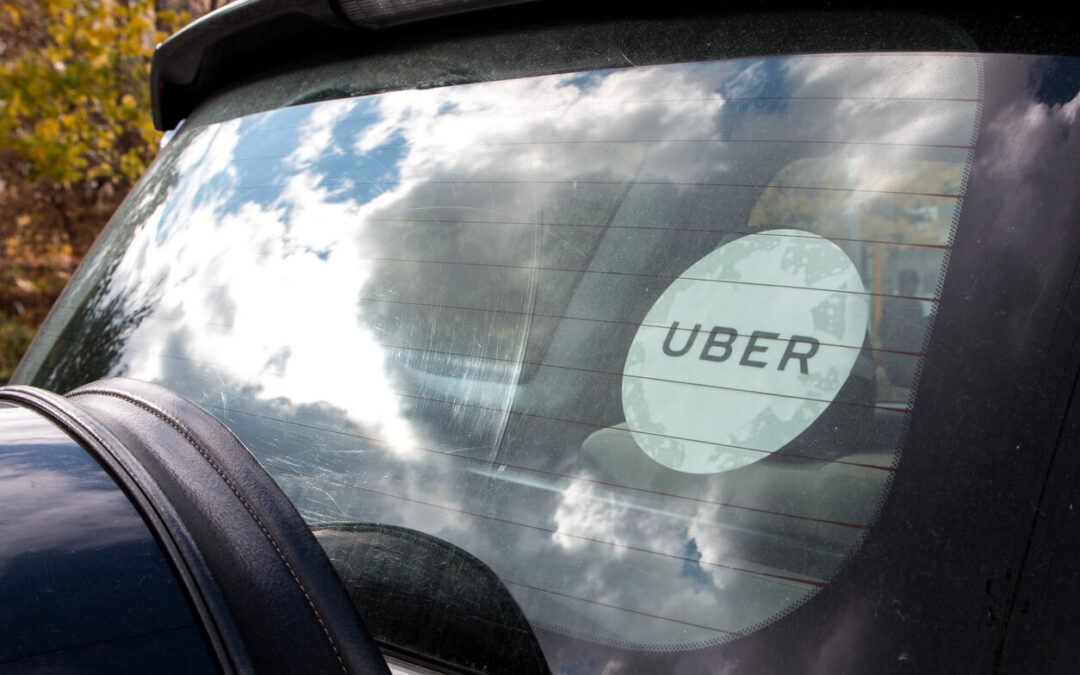Rideshare services like Uber and Lyft have transformed transportation in Houston, offering convenience and affordability. However, accidents involving rideshare vehicles present unique legal challenges. Unlike traditional car accidents, determining liability in these cases requires navigating complex insurance policies and corporate policies designed to protect the rideshare companies. Understanding the legal rights of passengers, drivers, and third parties is crucial when seeking compensation.
Determining Liability in a Rideshare Accident
Accidents involving Uber and Lyft often involve multiple parties, including the rideshare driver, another motorist, and even the rideshare company itself. Liability depends on whether the rideshare driver was actively transporting a passenger, waiting for a ride request, or off duty.
When a driver is logged into the app and carrying a passenger, Uber and Lyft provide up to $1 million in liability coverage. If a driver is waiting for a request, coverage is significantly lower. If a driver is off duty, their personal insurance applies. Determining which policy is responsible for covering damages requires a detailed investigation into the driver’s status at the time of the accident.
Insurance Challenges in Rideshare Accidents
Rideshare companies classify their drivers as independent contractors rather than employees, which allows them to distance themselves from direct liability in many cases. Insurance companies often attempt to shift blame or reduce payouts, making it difficult for injured parties to receive full compensation.
Passengers injured in a rideshare accident may have claims against multiple insurance policies, including the driver’s personal insurance, the rideshare company’s policy, or another at-fault motorist. When insurance companies dispute coverage, legal representation becomes essential to ensure that victims receive fair compensation for medical expenses, lost wages, and other damages.
Legal Options for Passengers and Other Drivers
Passengers injured in a rideshare accident have the right to pursue compensation, regardless of whether their Uber or Lyft driver or another motorist was at fault. Filing a claim against the appropriate insurance provider ensures that medical bills and other losses are covered. However, when multiple policies are involved, delays and disputes often arise.
Other drivers involved in an accident with a rideshare vehicle may also face challenges in securing compensation. If the rideshare driver was at fault, the level of insurance coverage depends on whether they were logged into the app. When another motorist causes the accident, their insurance is responsible, but rideshare passengers may still have access to Uber or Lyft’s uninsured/underinsured motorist coverage.
Compensation for Rideshare Accident Victims
Victims of Uber and Lyft accidents may be entitled to compensation for medical expenses, lost income, pain and suffering, and other damages. Severe injuries can result in long-term medical treatment and financial strain, making it crucial to pursue the full extent of available compensation.
Rideshare companies and insurance providers often attempt to settle claims quickly and for less than what victims need. Accepting a settlement without fully understanding its implications can leave accident victims struggling to cover future medical costs. Seeking legal advice ensures that all damages are accounted for before agreeing to any settlement.

